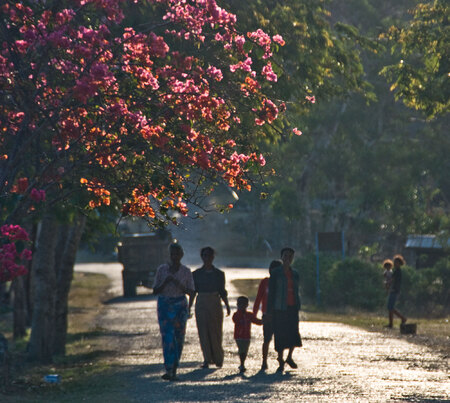Timor-Leste’s tortuous history since the mid-1970s is a sad chronicle, alternately agonising and enraging. Even its high points seem to be characterised more by pride than joy. None of them end very well, and those few that do… well, one senses that they are unfinished, unresolved.
One of the most striking individual stories is that of Major Alfredo Reinado. Respected by all and lionised by many, he died during a 2008 firefight that erupted at the residence of President Jose Ramos Horta. The President was gravely injured during the attack and spent months convalescing in Australia.
On the same morning, Prime Minister Xanana Gusmao, riding in a three car convoy with his security detail, was shot at on the road to Dili. This attack was perpetrated by Alfredo’s second-in-command, Gastão Salsinha.
Reports of the incident characterised it alternately as an assassination attempt, an abortive coup and as a meeting between the rebel leader and the President that went tragically awry.
Hundreds of people attended the Major’s funeral. Ramos Horta publicly forgave him and, far from vilifying him for his role in the turmoil that displaced as many as 150,000 people, most people remember him as a patriot and a hero.

